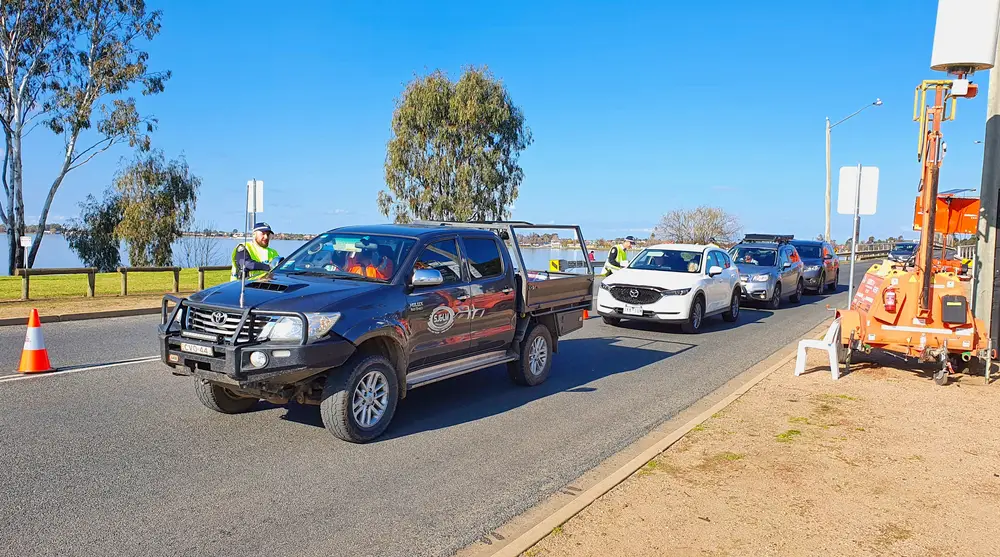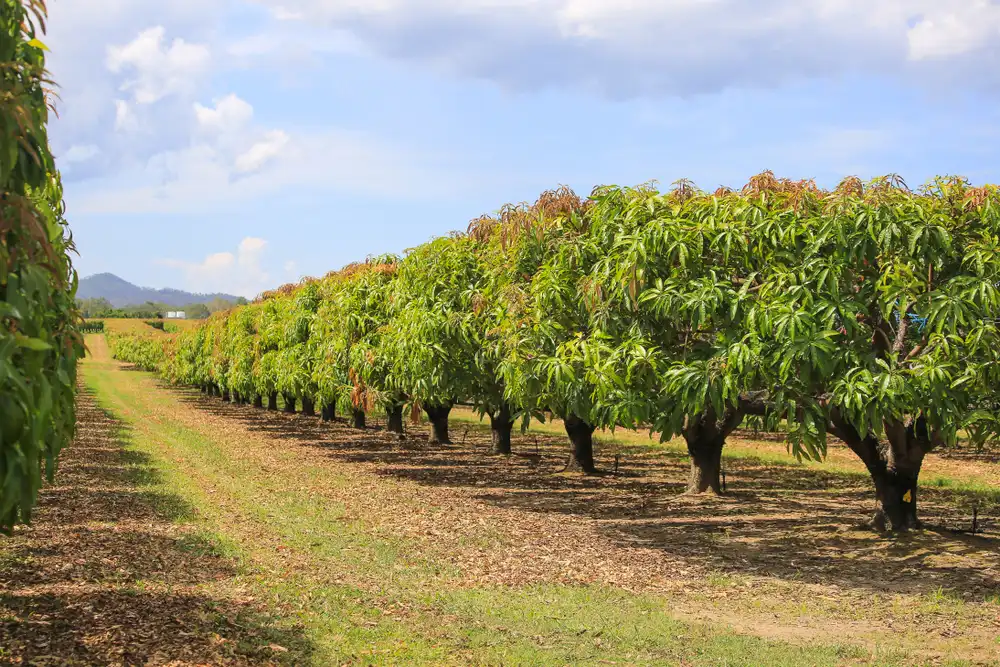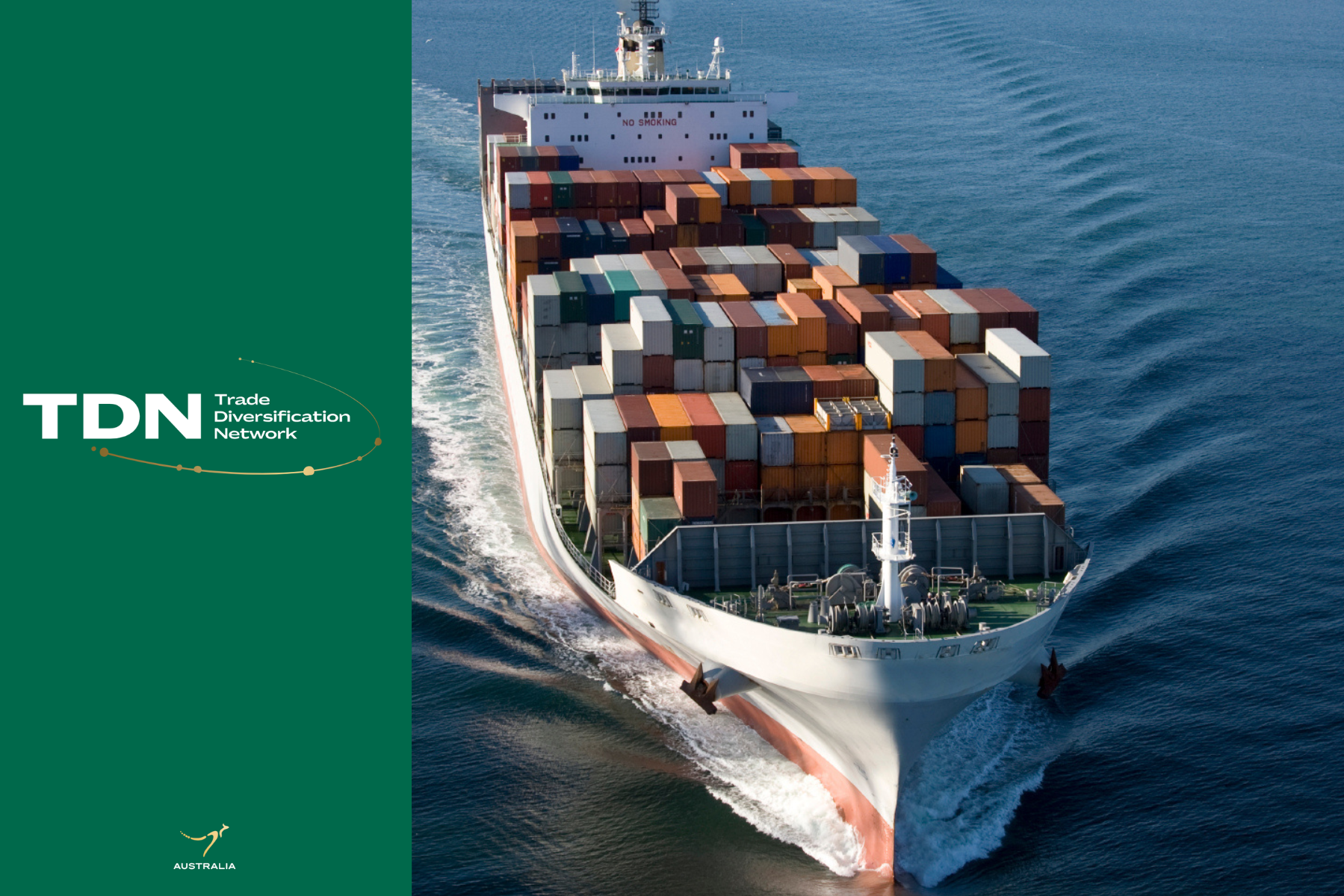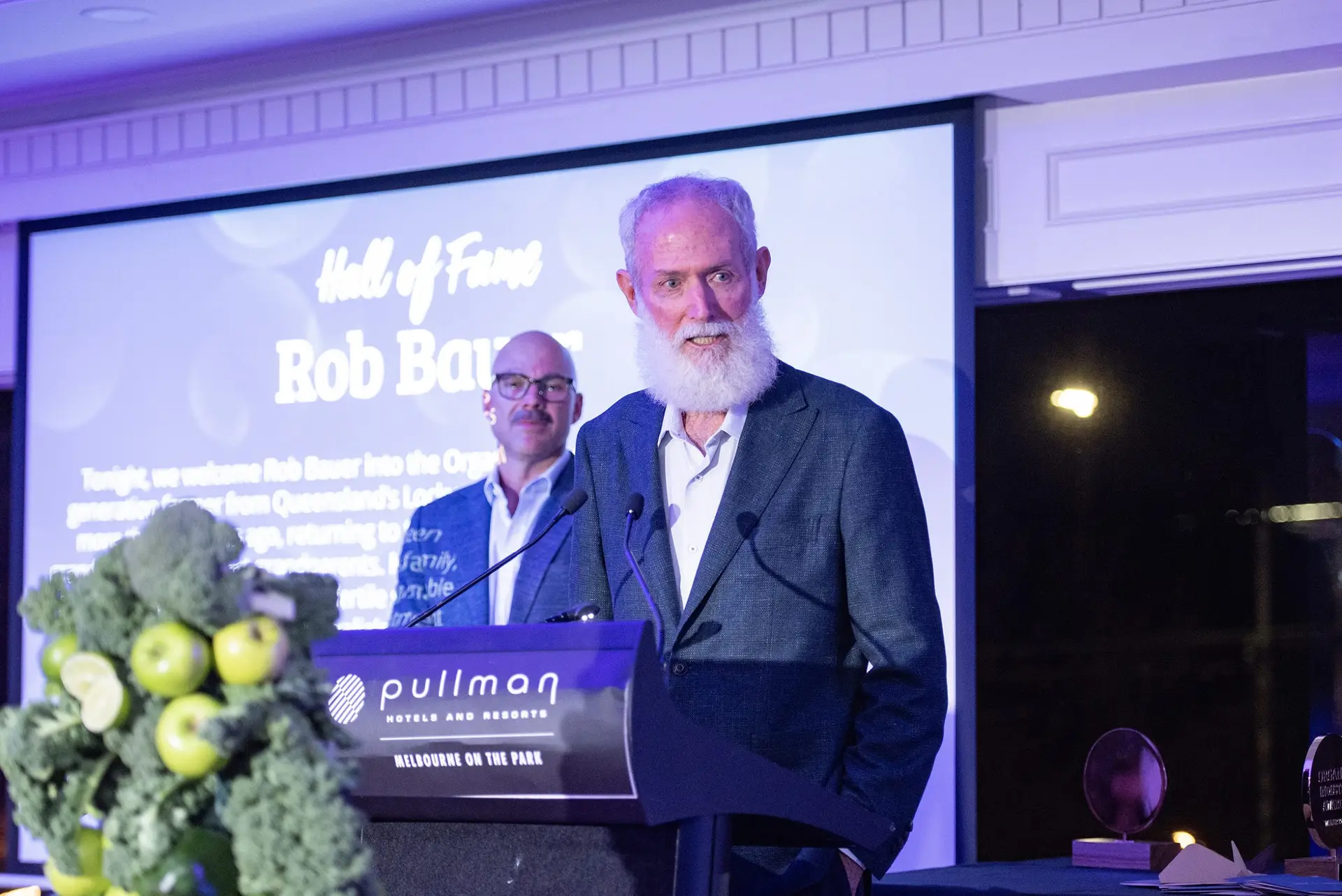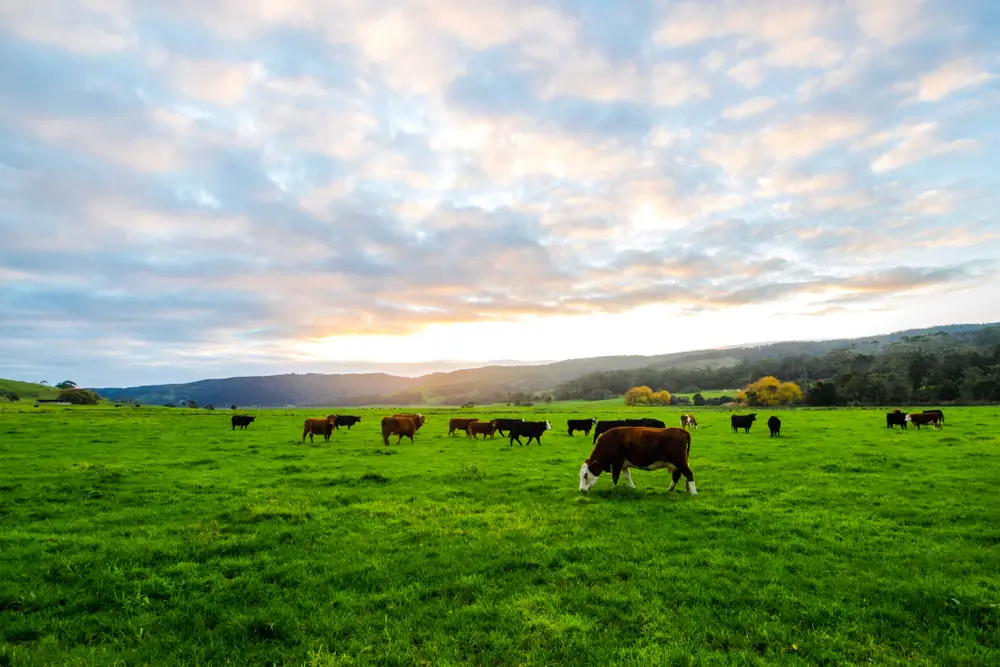Minister for Agriculture David Littleproud is today urging state Premiers to inject themselves into serious cross border issues that unaddressed could impact the cost of groceries, animal welfare and even critical human health for regional Australians.
“The arbitrary closure of state borders have had serious unintended consequences not only on agricultural supply chains but also regional Australians wellbeing,” Minister Littleproud said.
“Hard closures are stopping the flow of silage contractors and grain harvesters between Queensland and NSW, Queensland veterinarians and agronomists are also unable to visit clients in Northern NSW, and there are numerous human health impacts impacting on residents who rely on GPs, specialists and allied health care across state borders.
“In one case, a Victorian pastoralist is unable to get to Broken Hill to feed and water her 500 cattle. In Corowa, a number of Victorian-based management and staff of a 5000 head dairy are prevented from crossing the border, putting at risk the health and welfare of animals.
“Cancer patients in Tenterfield are unable to access treatment in Queensland, and a heavily pregnant woman in Moree has also been declined a permit to visit Toowoomba to visit her obstetrician.
“These are just some of the many examples of the devastating impacts these hard borders are having on rural families and communities.
“State health officials need to engage specifically with regional communities and industries at the direction of the premiers to identify workable solutions that keep supply chains open while keeping Australians safe rather than arbitrary broad reaching decisions.
“Where practical the Prime Minister will seek to raise these issues with Premiers.
“Keeping all of our agricultural supply chains secure is absolutely critical to ensuring supermarket prices for fresh products remains affordable for Australians while maintaining some of the best animal welfare standards in the world.
“Our farmers must be able to continue their important work and regional economies that pose little to no COVID-19 risk must be allowed to continue operating. They deserve our full and unwavering support,” Mr Littleproud said.
